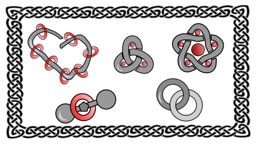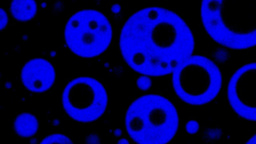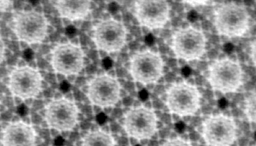Open Questions in Chemistry
Published in Chemistry

In spite of decades of research and the enormous progress made, chemists continue to grapple with poorly understood aspects of the world around us. Indeed, many fundamental questions remain—will we ever get to the bottom of the different structures of ice, or pinpoint the origins of life on Earth, or obtain a full picture of the complexity of carbon-based molecules in space?
Communications Chemistry has launched a series of Comment articles discussing key open questions in specific fields of fundamental chemical research. This series aims to uncover open questions across the breadth of chemistry. Each Comment provides an overview of a focused field of research, identifies key open questions, and gives expert opinion on how challenges in answering these questions might be overcome.
Our hope is that this series will be of interest to the chemistry community as a whole, and that it will stimulate those working in or adjacent to the research fields that are covered to think about some of the open questions that invite further study.
Our first 8 Comments in the series cover:
Open questions in chemical glycobiology
Open questions on the biological roles of first-row transition metals
Open questions in transplutonium coordination chemistry
Open questions on atmospheric nanoparticle growth
Open questions on the chemical composition of airborne particles
Open questions on the physical properties of aerosols
Open questions on the structures of crystalline water ices
Open questions on nonequilibrium thermodynamics of chemical reaction networks
A huge thank you to the authors of the above Comments for their excellent contributions. And while these Comments delve into a number of important and exciting topics, when one considers the breadth of ongoing research in fundamental areas of chemistry, we have only just begun to scratch the surface. We look forward to publishing more in this series in the months and years to come, and invite experts to contact us if they are interested in contributing. We would be particularly pleased to hear from those from underrepresented minority groups, and will strive to ensure that the series is representative of all voices of the chemistry community as it continues to develop.
Follow the Topic
-
Communications Chemistry

An open access journal from Nature Portfolio publishing high-quality research, reviews and commentary in all areas of the chemical sciences.
Related Collections
With Collections, you can get published faster and increase your visibility.
Experimental and computational methodology in structural biology
Publishing Model: Open Access
Deadline: Apr 30, 2026
Advances in Asymmetric Catalysis for Organic Chemistry
Publishing Model: Open Access
Deadline: Mar 31, 2026





Please sign in or register for FREE
If you are a registered user on Research Communities by Springer Nature, please sign in